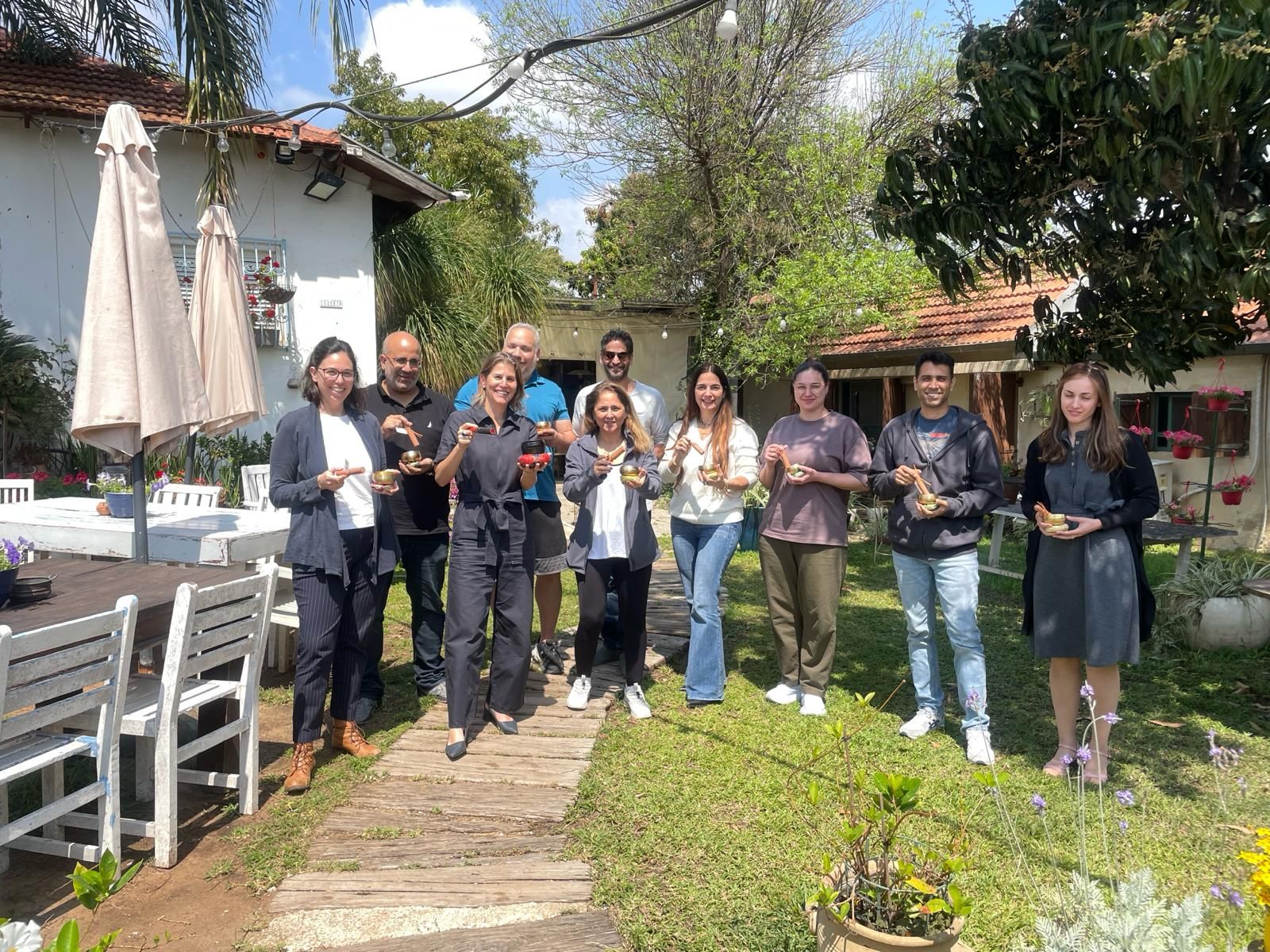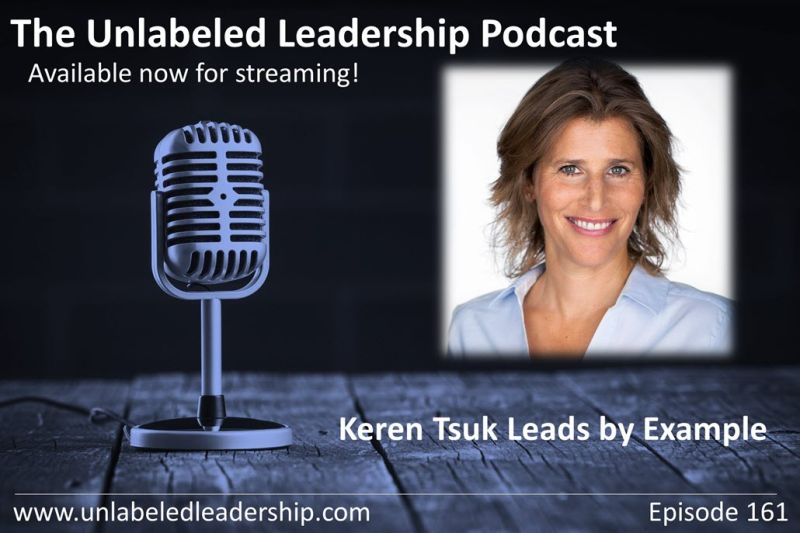
In today’s episode, we have the incredible opportunity to sit down with a true expert in the field of resilience, Dr. Deborah Gilboa, affectionately known as “Dr. G.” With a background as a board-certified attending family physician, Dr. G has taken her knowledge beyond the medical world and into the realms of families, organizations, and businesses, helping them transform stress into a powerful advantage.
Renowned for her contagious humor, Dr. G works with groups across multiple generations, to rewire their attitudes and beliefs, and create resilience through personal accountability and a completely different approach to adversity.
She is a leading media personality seen regularly on TODAY, Good Morning America and The Doctors. She is also featured frequently in the Washington Post, The New York Times, Authority Magazine, and countless other digital and print outlets.
Outside of her work, Dr. G lives a busy life in Pittsburgh with her four sons. Her experiences demonstrate her skill in practicing what she teaches – being resilient and adaptable in the face of challenges. What’s even more remarkable is her fluency in American Sign Language, showcasing her commitment to effective communication across diverse communities.
Main Points:
- Dr. G is introduced as a resilience expert known for turning stress into an advantage for families, organizations, and businesses.
- The podcast discusses enhancing resilience in dealing with personal and organizational challenges and stress.
- Dr. G’s journey to understanding the positive aspect of stress began during medical school, challenging the notion that stress should be avoided at all costs.
- Nurses and powerful women in high-stress roles inspired Dr. G with their ability to embrace and navigate stress.
- Dr. G’s approach to stress has evolved, seeing it as a tool for personal growth and better health.
- Dr. G emphasizes that leaders often have to cause stress in others’ lives to achieve their goals and missions, and this can be a challenging role.
- Keren mentions that we live in a stressful world with uncertain data, and ignoring stress can be counterproductive.
- Dr. G recommends that leaders understand how our brains resist change and perceive it as potentially dangerous, even if they trust the leader or the organization.
- She explains that when leaders announce change, people’s brains react with loss, distrust, and discomfort as safety mechanisms, and it’s not a reflection of leadership or character.
- Dr. G and Keren discuss the importance of legitimizing and normalizing stress, allowing individuals to embrace it as part of the process.
- Dr. G emphasizes that leaders cannot always control the stressors that come their way, but they can control their response to stress.
- Dr. G introduces the concept of curating stress, where leaders intentionally choose which stressors to embrace, considering their impact on the organization’s goals.
- Keren highlights the importance of paying attention to bodily sensations and exploring them mindfully when facing stress, promoting clarity and self-awareness.
- Dr. G discusses the balance between stress and the flow state of mind, emphasizing that moderate stress is necessary for creativity and attention to goals.
- The conversation explores how leaders can create an environment that decreases excessive stress, enabling employees to thrive and be creative.
- Dr. G shares a real-life example of an organization addressing employee frustration with a clunky payroll system by using strategies like autonomy and transparent communication.
- Dr. G explains that autonomy doesn’t mean complete freedom but refers to making choices within certain parameters and limits. Autonomy engages the brain’s ventromedial prefrontal cortex, which helps dampen the amygdala’s response to stress.
- Keren emphasizes the importance of leaders starting with themselves when fostering a culture of vulnerability and emotional expression. Leaders should embrace their own emotions and create a safe space for their teams to do the same.
- Dr. G and Keren agree that allowing team members to express their emotions doesn’t hinder productivity; instead, it can lead to more creative solutions and foster resilience.
- Keren highlights the value of mindfulness in leadership, as it helps leaders balance their emotions and navigate difficult conversations effectively.
- Dr. G warns against the societal narrative that stress is always a sign of wrongdoing in leadership, encouraging leaders to question this assumption.
- The podcast concludes with Dr. G sharing her website (https://askdoctorg.com/) and LinkedIn profile (https://www.linkedin.com/in/deborahgilboamd/) for those interested in connecting with her.




